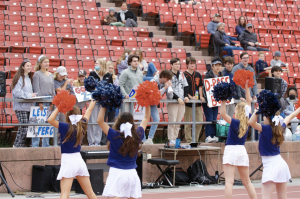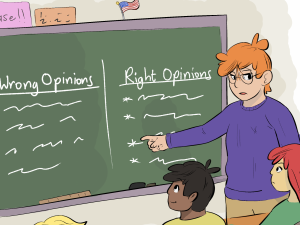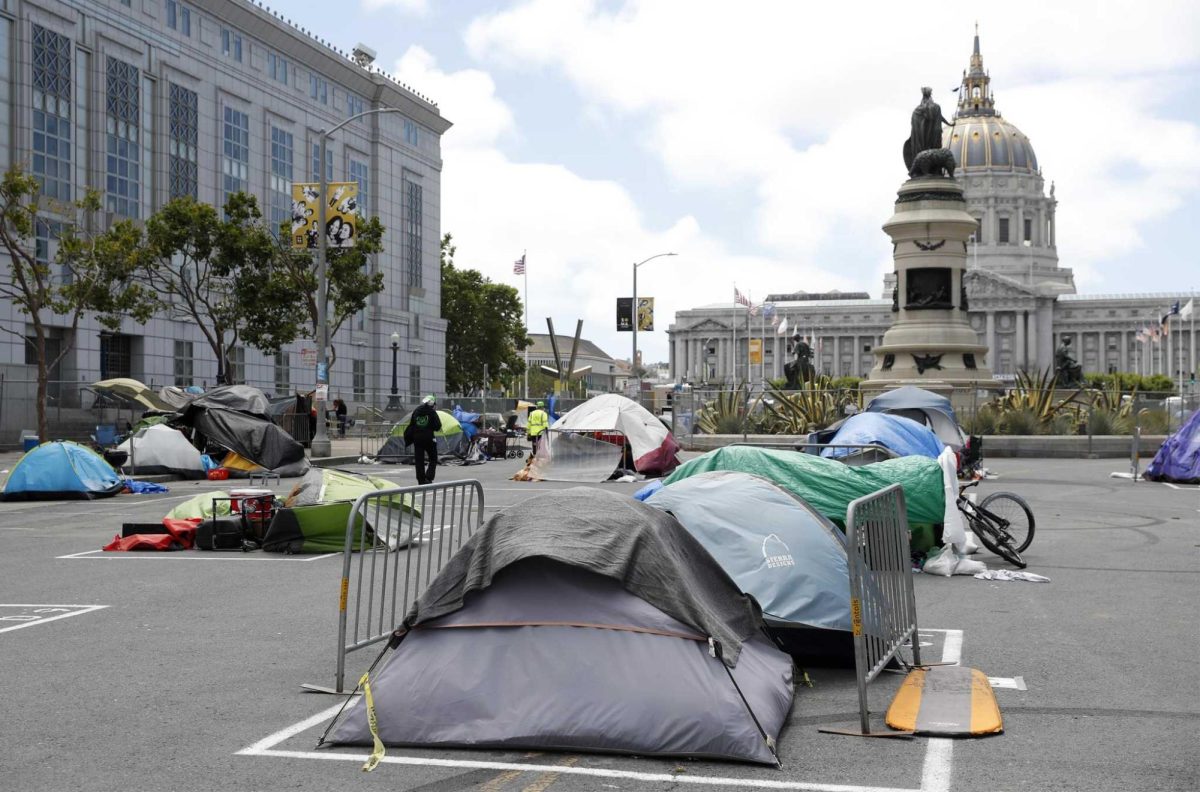Henry’s Huddle: NCAA must immediately lift money-earning ban on college players
Student athletes should be able to profit off their image, likeness
May 21, 2021

 NCAA President Mark Emmert announced to the New York Times on May 4 that he supports allowing student athletes to profit off their fame amid some state governments passing laws in favor of the policy that are set to go into effect July 1.
NCAA President Mark Emmert announced to the New York Times on May 4 that he supports allowing student athletes to profit off their fame amid some state governments passing laws in favor of the policy that are set to go into effect July 1.
Despite Emmert’s comments, the governing body has been postponing a vote on the policy since January.
Hunter Woodhall, a double amputee professional track athlete who received an NCAA Division I scholarship in 2017 to attend the University of Arkansas, anchored the 4x400m relay team in 2020 helping the Razorbacks secure the Southeast indoor championship and is favored to win the gold medal at the Tokyo Olympics this summer.
As well as being a star athlete with commanding presence on the track, Woodhall has 3.1 million social media followers across a variety of platforms including YouTube, TikTok and Instagram.
With the substantial following Woodhall has amassed in the past two years, he has also received revenue from his various social media platforms, but the revenue he receives violates NCAA policy since he is using his likeness to earn money.
The NCAA has recently been under legal pressure to allow athletes to make money independently and publicly stated in April 2020 that it would loosen its current regulations, but backtracked in January 2021, saying it needed more time before implementing the relaxed rules.
This inaction led to Woodhall leaving Arkansas and pursuing his professional track career while freely posting on social media.
In some states such as California and Florida, NCAA athletes can make money independently under their name and likeness, and this rule must become a national policy.
There is no reason the NCAA should be able to use images and videos of student athletes in their self-promotional ads while not letting them profit off themselves, rendering them unpaid laborers.
It is beyond absurd that student athletes need to worry about becoming too famous on social media and earning money.
The NCAA defends its stance by claiming that if student athletes were allowed to earn money independently, only the top male athletes in football and basketball would benefit.
The reality is that out of 30 college athletes with top social media followings, over half come from non-revenue sports like track, tennis and wrestling, according to the New York Times.
Social media has become an intrinsic part of the lives of Generations Y and Z. The NCAA must accept this truth and allow student athletes to earn money independently, even if a school logo appears in something as trivial as a ten second TikTok video.









